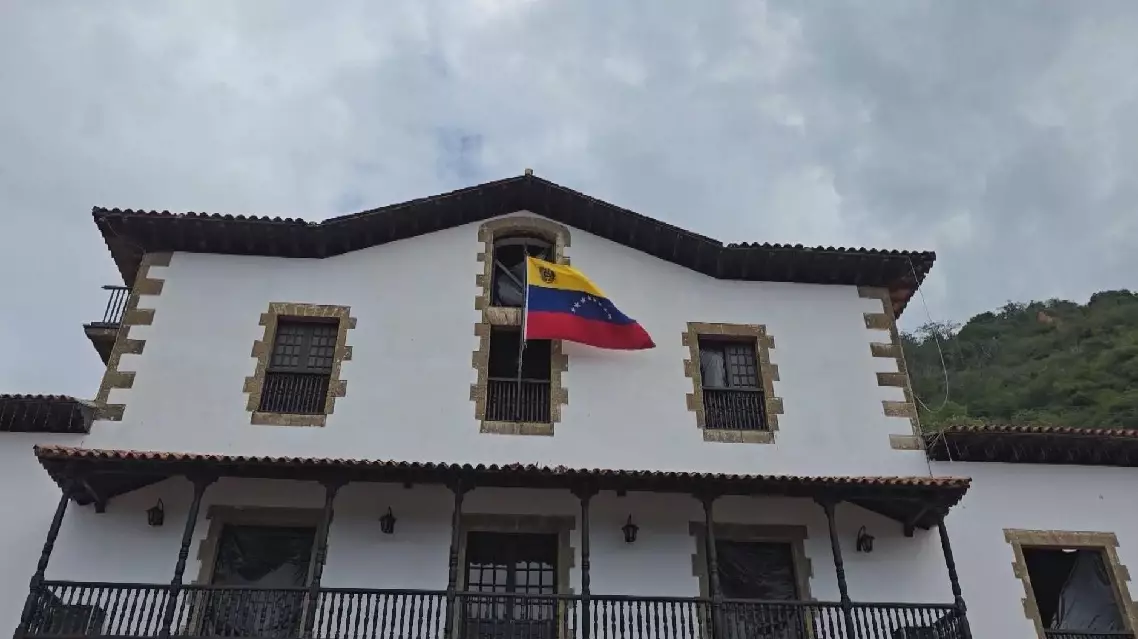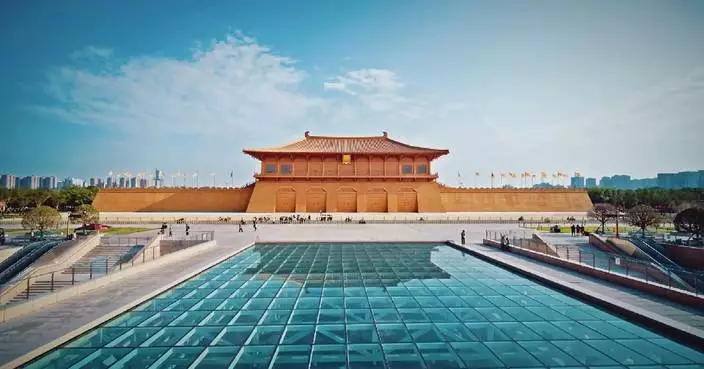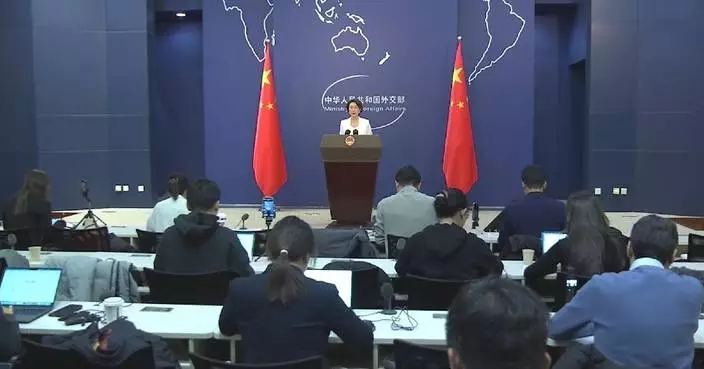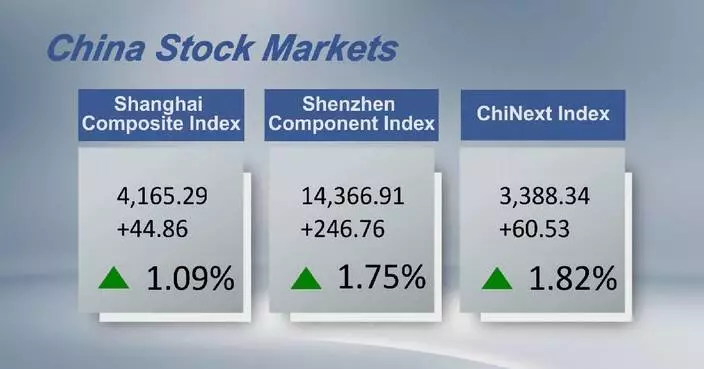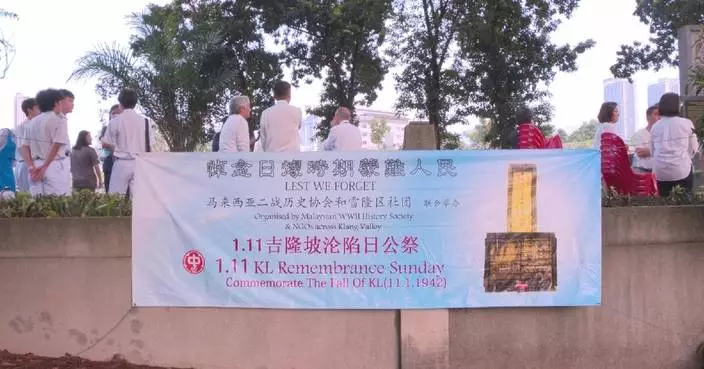Kazakhstan has solidified its role as a standout partner in China's Belt and Road Initiative (BRI), with the Shieli cement plant symbolizing the industrial transformation sweeping the region.
Kazakhstan, among the earliest adopters of the BRI, has witnessed its partnership with China thrive, delivering tangible benefits to both countries.
The ever-stronger industrial cooperation between the two sides is exemplified by the Shieli cement plant in the Kyzylorda Region. Fully funded by the China Energy Engineering Group, the project came into operation in October 2019.
"Our oil-well cement has filled a local industry gap, holding 70 percent of the market share, ending Kazakhstan's long-term reliance on imported oil-well cement," said Wu Zhenhua, chairman of the project.
Uzbekistan, Kazakhstan's southern neighbor, was once the main export market for cement from the Shieli project. However, due to shifting regional trade dynamics, the exports to Uzbekistan have sharply dropped in recent years.
To explore new opportunities, the project has focused on the core automobile transport market, upgraded production technology, and expanded specialized storage capacity. In the first half of this year, output in its core market still rose by 48 percent year on year.
The operation has generated over 400 local jobs while exporting to five neighboring countries.
"Next, we will deepen cooperation in low-alkali and nuclear-grade cement, continuing to support Kazakhstan's infrastructure in sectors like railways and nuclear power," Wu said.
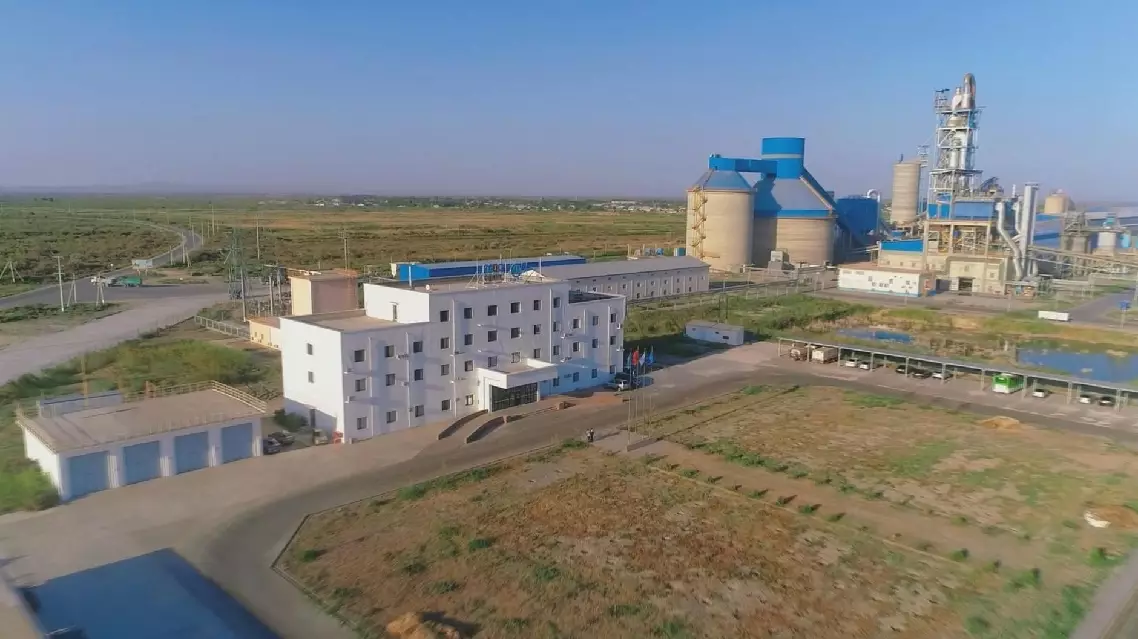
China-Kazakhstan industrial cooperation flourishes under BRI framework


